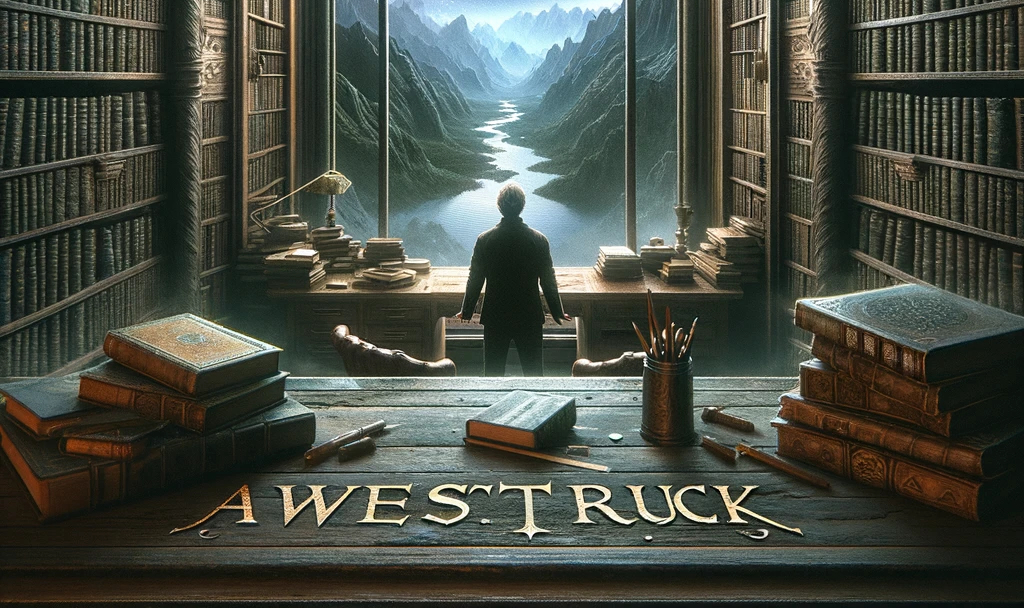It may be the part of a friend to rebuke a friend’s folly. – J.R.R. Tolkien
When someone calls us out for doing something we know is wrong, it hurts. It stings. It hits us where we live.
And the cognitive dissonance that erupts in that moment elicits action. The ego’s impulse? Defend itself with one of its all-too-familiar tactics against the voice of rebuke: muffle, muzzle, discredit, destroy.
In the rush to defend ourselves, however, we would be better served to harness our swelling psychic forces and use them in service of the soul’s deep longing to know truth – even when that truth wounds us.
A rightful rebuke exposes our inner darkness – whether buried unknowingly in our shadow or in plain sight but hopefully hidden from others by some cunning veneer.
And that darkness within us is the true source of the indignation we channel toward the rebuke. The very reason we have that reserve of repressed resentment at-the-ready is due to our extant spiritual dissonance over harboring the darkness in the first place.
And so we must choose. We can protect the ego with misdirected energies that assail the rebuke, which only tightens the noose of inner tumult, or we can let those striking words find their intended mark and bring about the illumination that leads to transformation.
Source Scripture
Who is Really In Prison? Matthew 14:3-5; Mark 6:17-20; Luke 3:19-20
Connect
Twitter: @AwestruckPod
Email: info@awestruckpodcast.com
Extras
Comparison is the thief of joy. Theodore Roosevelt.
When we live centered in the self, we analyze the world around us in terms of what will benefit us most. And to do so, we must compare. And the easiest way to compare is to divide things into two parts and choose the one that seems better.
This habit is so foundational to the ego that it cannot imagine any other way to live. I prefer this to that. I have done more for you than you have done for me, so it’s your turn to serve me. My political party is better than yours. This sunset is not as pretty as yesterday’s.
The result of our habitual comparisons, we think, will be a better life. After all, we have surrounded ourselves with a collection of better people, places, and things.
The real result of this lifestyle is frustration in a number of ways…
- We are never satisfied, because everything can always be “better”
- We reduce people to transactions – I did this so you must do that.
- We develop a sense of entitlement. I deserve this.
- We habitually divide everything into two parts, never taking in the whole. This is called dualistic thinking.
In short, the ego’s dualistic and frazzled search for contentment produces just the opposite. It’s an endless dance
Today, we’ll look at the non-dual, soul-centered approach to finding contentment – and keeping it.
Source Scripture
None Compare John 3:22-36
Connect
Twitter: @AwestruckPod
Email: info@awestruckpodcast.com
Extras

